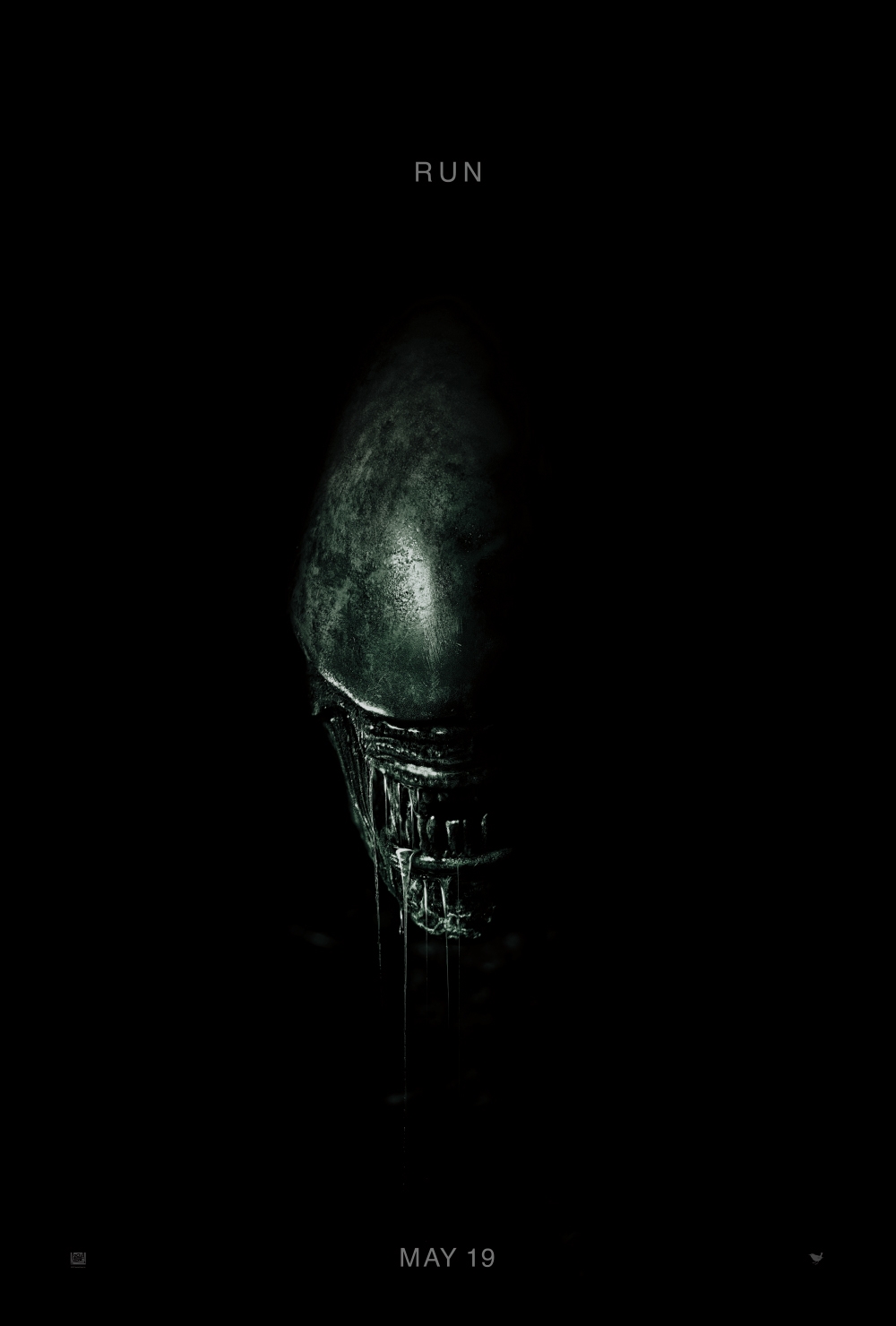Space, the final frontier. Light years of unexplored territory. Neil Armstrong, NASA. For years I have been fascinated with space, and the potential contained within. I have wondered what mankind would be like once we cast off the petty shackles of our earthly conflicts, and turn to the stars. What might we find in the void? What might we become?
Regrettably, after seeing Alien: Covenant, I can no longer endorse the concept of exploring space. The potential for disaster is simply too high. We should stick on Earth, and try to find a way to make it work. Surely, the carbon emissions can be reduced. We do not have to waste hundreds of man-hours trying to mine the vast expanse, setting ourselves up for disaster.
Alien: Covenant is a new Alien movie, with a familiar premise. There are some humans on a spaceship, traveling to some unknown place, when their voyage gets interrupted by a twist of fate. There’s a distant signal coming from some foreign planet, which they decide to check out because they’re humans in an Alien movie, and don’t have a lick of sense. There’s a moment when Daniels, the one smart character played by an all-business Katherine Waterston, asks the captain (Billy Crudup) if they should really bother, if it’s even a good idea. He says it is, so they go.
Shit goes to hell almost immediately. The planet first seems beautiful, overflowing with verdant forests and misty mountain-tops. The atmosphere is safe to breathe, so no one wears a helmet. That’s the first mistake. The terrain is filled with fuzzy pods that, when touched, shoot out a cloud of black dust that worms its way into the closest living thing, infecting its bloodstream with a deadly something.
That deadly something is the titular alien. The other humans look at these infected friends in horror, as they shake and twitch and vomit up blood, wondering what there is to be done. You, the audience, mutter to yourself in the dark of the theater: kill them, kill them now. Do not let the alien evolve out of the human body. But no, these beautiful idiots are paralyzed by indecision, allowing the alien to hatch from the backs of the infected and start running around.
The movie descends into chaos. Michael Fassbender plays both a nice American robot and a genocidal British robot, who have long conversations about dreaming and destiny. More humans die at the hands of the alien. It’s wildly violent, and grotesque. Scenes proceed at an excruciating pace, because you know the alien is about to show up and get wild. Billy Crudup walks up to a pulsating pod, which he’s been told is safe.
Would you believe that it’s not safe? Or that the pulsating pod contains a venemous face-hugger, possibly the most horrifying alien creature ever put on film? Because it is an Alien movie, the audience can suss this out for yourself the moment Fassbender shines a light on the thing–a motherfucking pulsating pod in a dark room. Don’t do it, you’ll mutter to Crudup, unable to stop him.
Alien: Covenant is a sequel to Prometheus, which was a prequel to the original Alien franchise. Ridley Scott, whose age is starting to show, is making the most of his late period by padding out the lore to a series that was doing just fine without it. The first Alien is still a masterpiece of horror; the second, Aliens, is as good as genre action movies get. But Scott’s latest dives deeper nonetheless–he still has a lot to say about religion and humanity, and the Alien franchise must be his best vehicle for these theories. The money must be good, too.
So Alien: Covenant is the sixth movie in a series that will probably get two or three more, detailing an unnecessary backstory at a glacial pace. Prometheus didn’t really explain where the aliens came from; Alien: Covenant doesn’t, either. There are gestures at this history, but it’s mostly just context for some spooky scenery. The British Fassbender has been hanging out in a whole house of horrors on this distant planet, building models and drawing pictures of his experimentations with the alien DNA, which has produced some bad beasties. You get the H.R. Geiger influence in these scenes, which are simply gorgeous to look at, even if there’s a bunch of unanswered questions. (Which is fine enough–those mysteries aren’t really that interesting and it’s a lot more fun to watch the action play out.)
There is also a lot of time to meditate on how space is scary and bad. Why would anyone want to go to a mystery planet filled with who knows what? Why would anyone touch any unknown thing without wearing masks or a glove? Why would you not see your friend get sick on an alien planet, and know he’s done for? Why would you continue to split up when you know an alien is running around, trying to kill people? Why would you trust an android, ever? Have any of these people ever watched a movie? Why would you, a pilot (played by Danny McBride), take your ship down to the alien planet to rescue your friends, even knowing that there have been casualties, and something very bad is going on?
Danny McBride really does this, by the way. As his ship’s AI tells him that it is a bad idea to go to the alien planet, he ignores it. “Ship, take us down to the planet,” he says. Idiot!
Is there a happy ending? Of course not. It’s miserable, and nothing works out. You will leave the theater feeling exhilarated and drained. If nothing else, there’s a lesson to be learned: We should not play Icarus, flying toward the sun. We should avoid space at all costs.




